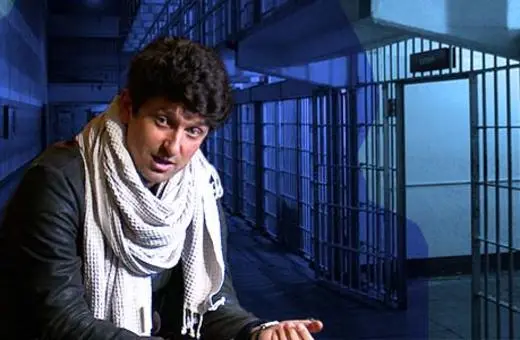In the midst of the festive season, as the iconic figure of Santa Claus takes centre stage, an ethical quandary emerges: should we be joining in the Santa Lie? Lying seems obviously wrong, we wouldn’t lie to adults or so we think. Michael Kuznets argues differently, philosophers have misunderstood the point of lying and ethical diktats ignores their social and developmental function.
At this time of year, it has become traditional to stroke one’s (luxurious white) beard and ask: should civil society knowingly collude with caregivers to perpetuate a sinister falsehood upon the nation’s children? The tradition is deeply embedded in our culture - a cultural icon that few can match - and the notion of him squeezing down chimneys with a sackful of presents is an integral part of the festival. In other words, is it OK to lie to kids about Santa Claus?
The primary argument against this particular festive tradition tends to be that lying to children is obviously wrong. There are, of course, arguments that all forms of lying and/or deception are immoral at all times and under all circumstances. Whole books and careers are dedicated to advance this thesis and a detailed rebuttal of this position is too laborious for a holiday-themed article. That said, despite the storied history of writer’s claiming that lying can only ever be a social evil (from Kant to Sam Harris), most of us have found some amount of deception to be a necessary part of our lives. Suffice to say that if the reader firmly adopts this position, that lying is always and necessarily wrong, then it is impossible to make propagation of The Great Santa Lie acceptable to them. If, however, we allow that it can ever be permissible to lie - if we are being honest with ourselves most of us find some amount of deception indispensable - then we cannot take it as a given that the deceptive nature of Santa makes him morally impermissible.
___
If moral philosophers find it difficult to reconcile the actuality of childhood and parenting with their theories, I suggest the fault lies with theory and not reality.
___
Indeed, lying to young children is more permissible than to adults, not less. We might take one of the problems around lying to adults as partially an assault on their autonomy. If I tell you that your presents were left by a magical fat man, I am deciding for you that you would be better off believing this pleasant lie over the less comfortable truth that I ordered them from Mr Bezos’s Wonder Emporium. You are thus denied agency. Children are regularly denied this kind of autonomy, however, because they are not adults and are incapable of exercising it responsibly. A parent who decides it will add to the fun and excitement of childhood to engage in The Santa Delusion is not trampling on the autonomy of their toddlers simply because they have very little to begin with. If moral philosophers find it difficult to reconcile the actuality of childhood and parenting with their theories, I suggest the fault lies with theory and not reality.





















Join the conversation